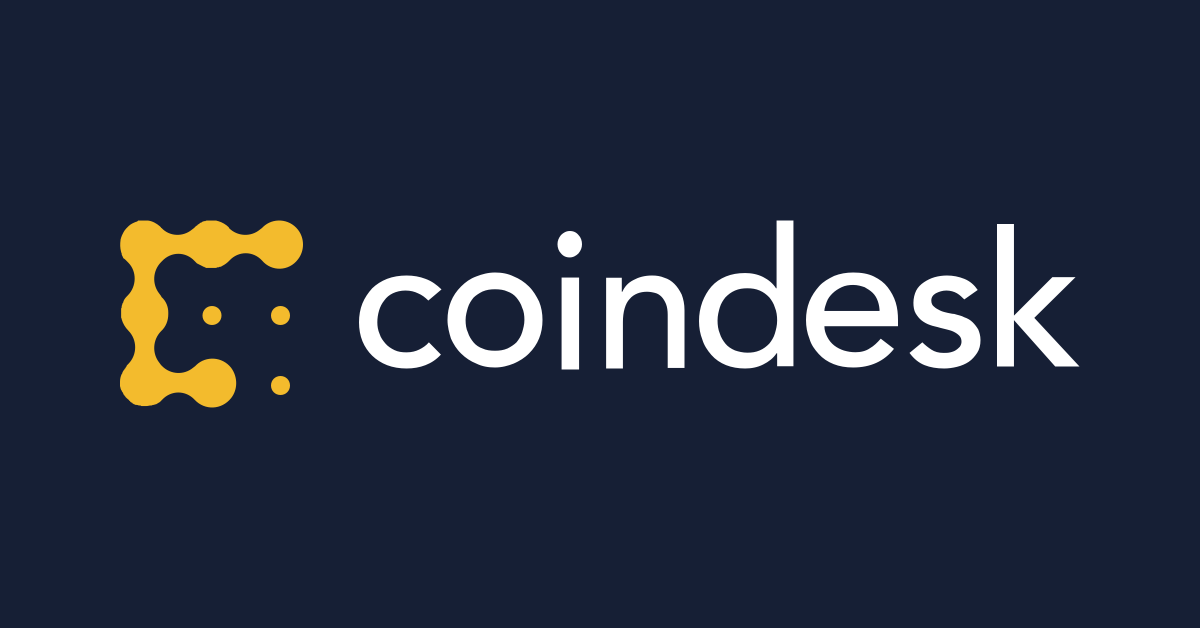Animoca-Backed Game Wallet Wars Delegates Release Decision to DAO Vote
/arc-photo-coindesk/arc2-prod/public/LXF2COBSKBCNHNRE3WTK2BZ7GE.png)
Who makes the decision to release a new game? The Marketing department? Quality control? Some management committee?
The decision to launch Wallet Wars, a Web3 iteration of the 1970s arcade game Space Invaders, was taken by a decentralized autonomous organization (DAO) after the Balthazar DAO voted 1,800-12 to approve the move. It went live Dec. 15 after more than a year of development. The vote took place on Snapshot, a DAO voting portal.
The release of the game, created by Australian John Stefanidis, isn’t the only aspect that’s being delegated. A decision on whether and when to launch a crypto token, BZR, will also be subject to a DAO vote early next year.
“We’re trying to decentralize the whole thing gradually,” Stefanidis said in an interview. “A degree of that has been achieved with the vote to launch the game and next will be a vote on the token launch. In a year or two no one’s going to care who the co-founders were. It’s going to be completely decentralized and eventually we’ll get voted out and someone hungrier will come in and run it.”
DAOs are a model of collaborative governance under which token holders vote on different ideas. The use of DAO voting in business decisions is far from ubiquitous. Previously, the Aavegotchi community voted for an upgrade. While some supporters argue the collaborative decision-making process can be beneficial, it’s not obviously always so. In one case, the Aragon DAO was closed because of different agendas between token holders, team members, and blockchain operators.
The Wallet Wars project has raised $6 million since its inception in September 2021. Animoca Brands and Kucoin Labs are among the backers, with the former’s $1.5 million funding valuing the project at US$60 million.
Interest in the game has grown rapidly this year, particularly since August, when the @WalletWarsGame handle went live on X, formerly Twitter. It now has 71,400 followers. The @BalthazarDAO handle has 57,000 followers and Balthazar’s community on Discord has 45,600 members.
“The community has been giving us heaps of feedback and we’re going to push a whole bunch of changes live based on their feedback through a DAO vote,” said Stefanidis, a tech entrepreneur. Fred Schebesta, famous for founding the financial comparison website Finder.com, provided advice.
How it works
The game is built on the Ethereum scaling platform zkSync, a layer-2 network that uses zero-knowledge rollups to speed up transaction times while lowering the cost. To play, users must buy non-fungible tokens (NFTs) known as raw ships with ether. Each one costs 0.01 ETH. A proportion of the purchase cost, about 60% to 70%, goes into a prize pool.
Another NFT, the raw pass, unlocks other aspects of the product, including governance rights and access to rewards.
The “raw” moniker and Wallet Wars’ rallying cry, “Raw eht nioJ,” is a nod to The Simpsons TV show, where the wording previously appeared. The phrase is “Join the war” spelt backwards.
Wallet Wars offers a number of games and different ways of winning. Players can play for free using demo ship NFTs. But for a chance to win rewards, they must buy in. The raw pass, 5,555 of which were issued in October, provides premium access to the Wallet Wars ecosystem.
“These multiple layers of rewards make this the game of games which serves the objective of a financialized arcade game or a game that has good sustainable reward systems,” Stefanidis said.
Balthazar’s operations are managed by JBPH Technologies, a Singapore-registered company.
Edited by Sheldon Reback.









